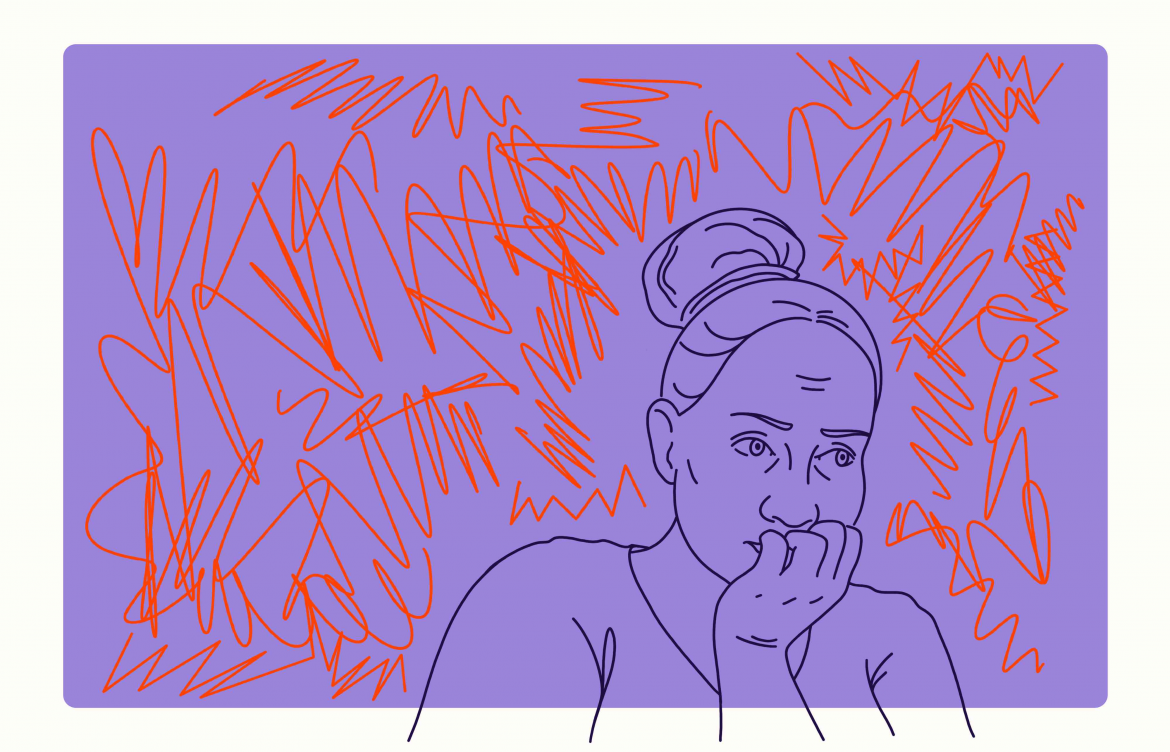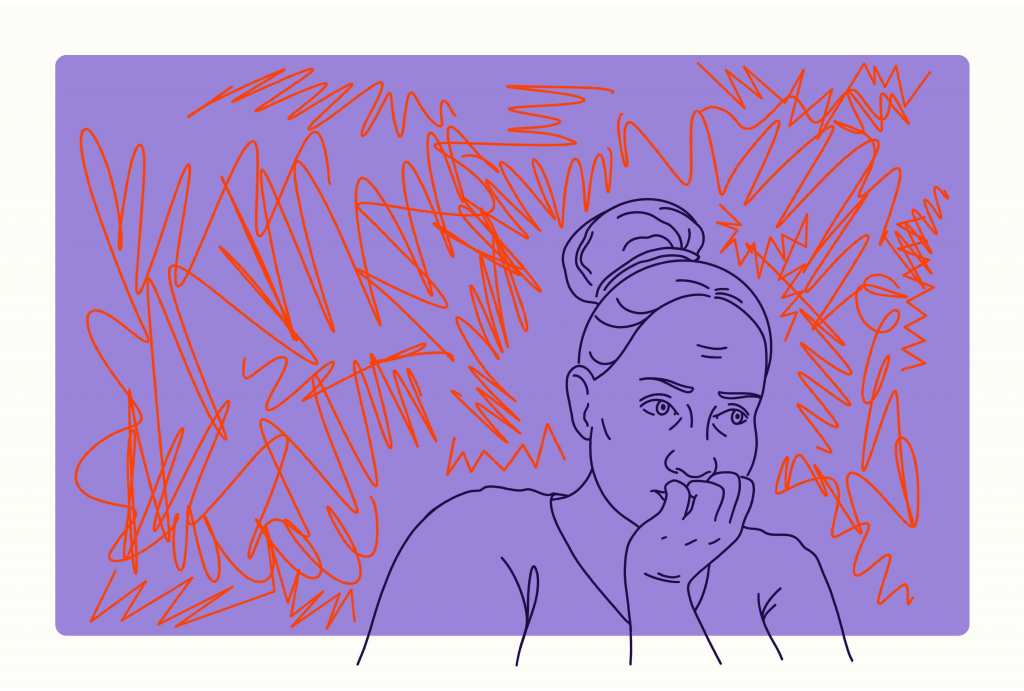
How to Cope with Anxiety Attacks: A Complete and Practical Guide
Introduction:

In the tumultuous journey of life, anxiety attacks can strike unexpectedly, causing a whirlwind of emotions and physical sensations. Addressing and managing anxiety is not just a matter of mental well-being; it’s a crucial skill for navigating the challenges of everyday life.
Understanding Anxiety Attacks:
Anxiety attacks, characterized by intense periods of fear and discomfort, often manifest both physically and emotionally. Distinguishing between regular anxiety and a full-blown attack is essential for effective management.
Tip 1: Deep Breathing Techniques:
In the throes of an anxiety attack, the simplest yet most potent tool is deep breathing. By consciously regulating your breath, you can signal to your body that it’s safe, alleviating immediate distress. Inhale deeply for a count of four, hold for four, and exhale for four, repeating until a sense of calm prevails.
Tip 2: Grounding Exercises:
Grounding exercises are anchors to the present moment, diverting attention away from anxiety-inducing thoughts. The 5-4-3-2-1 method involves acknowledging five things you can see, four things you can touch, three things you can hear, two things you can smell, and one thing you can taste.
Tip 3: Positive Affirmations:
Harness the power of positive self-talk. Craft affirmations that resonate with you personally and repeat them during an anxiety attack. Affirmations serve as beacons of positivity, challenging negative thoughts and fostering a sense of control.
Tip 4: Progressive Muscle Relaxation (PMR):
Progressive Muscle Relaxation is a systematic technique involving tensing and then releasing different muscle groups. This not only aids in physical relaxation but also redirects focus from anxiety to the sensations in your body.
Tip 5: Seek Support:
Don’t face anxiety alone. Reach out to friends, family, or professionals. Talking about your feelings not only provides emotional relief but also strengthens your support system.
Tip 6: Establishing a Routine:
Structure and routine bring predictability to daily life, offering a sense of stability that can counteract anxiety. Develop a daily schedule that incorporates activities you enjoy and promotes a healthy lifestyle.
Tip 7: Professional Help:
When anxiety becomes overwhelming, seeking professional help is a courageous step. Mental health professionals can offer tailored strategies, and in some cases, medication may be recommended to manage symptoms effectively.
Conclusion:
In the complex tapestry of anxiety, these seven tips serve as threads of resilience and coping. By integrating these strategies into your life, you not only navigate the storm of anxiety attacks but also foster a foundation for long-term mental well-being.